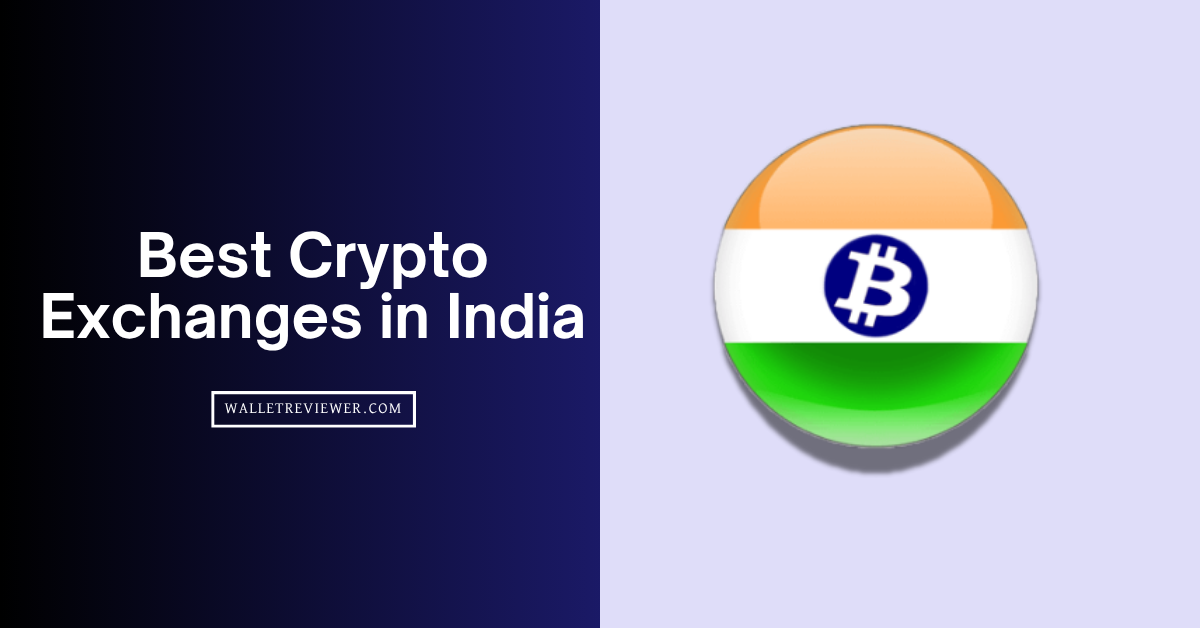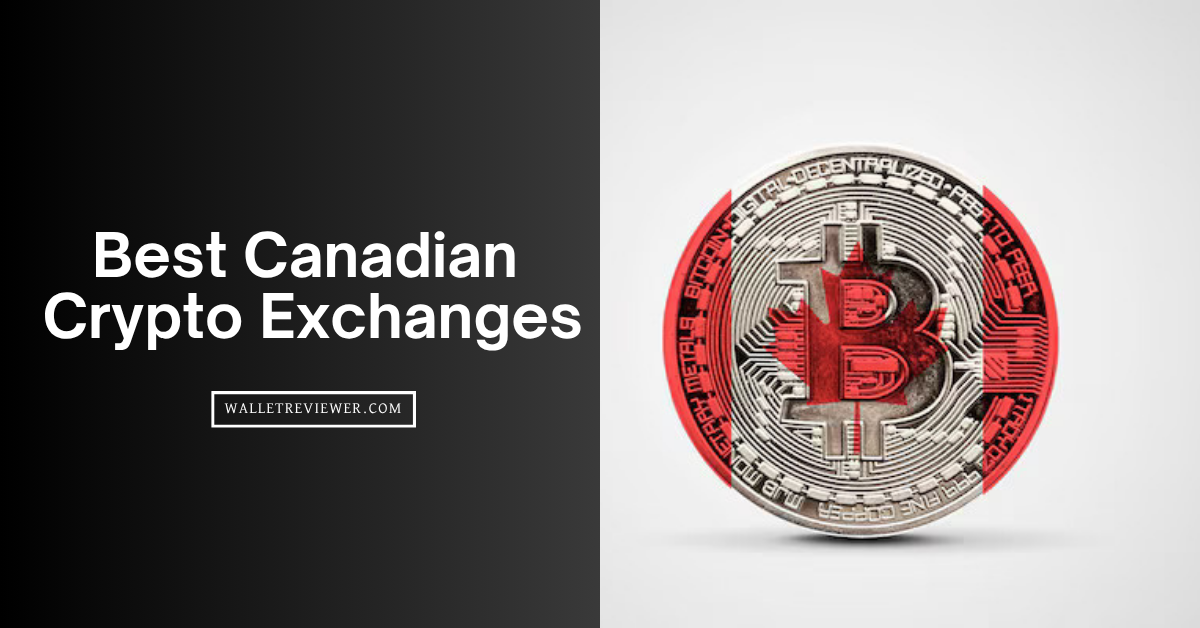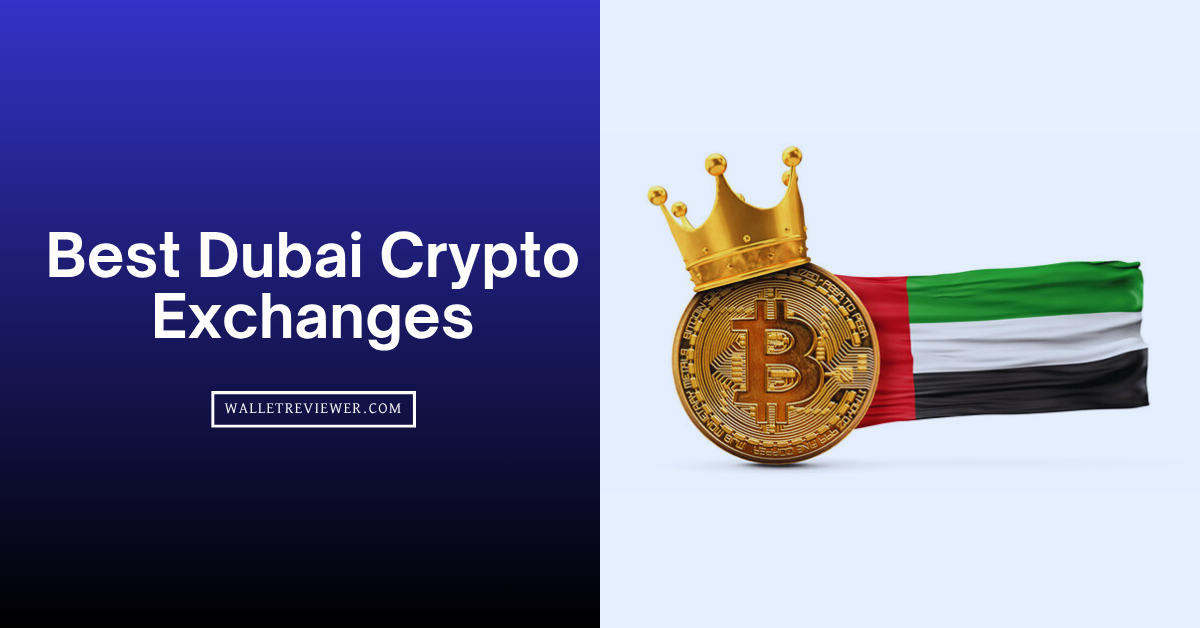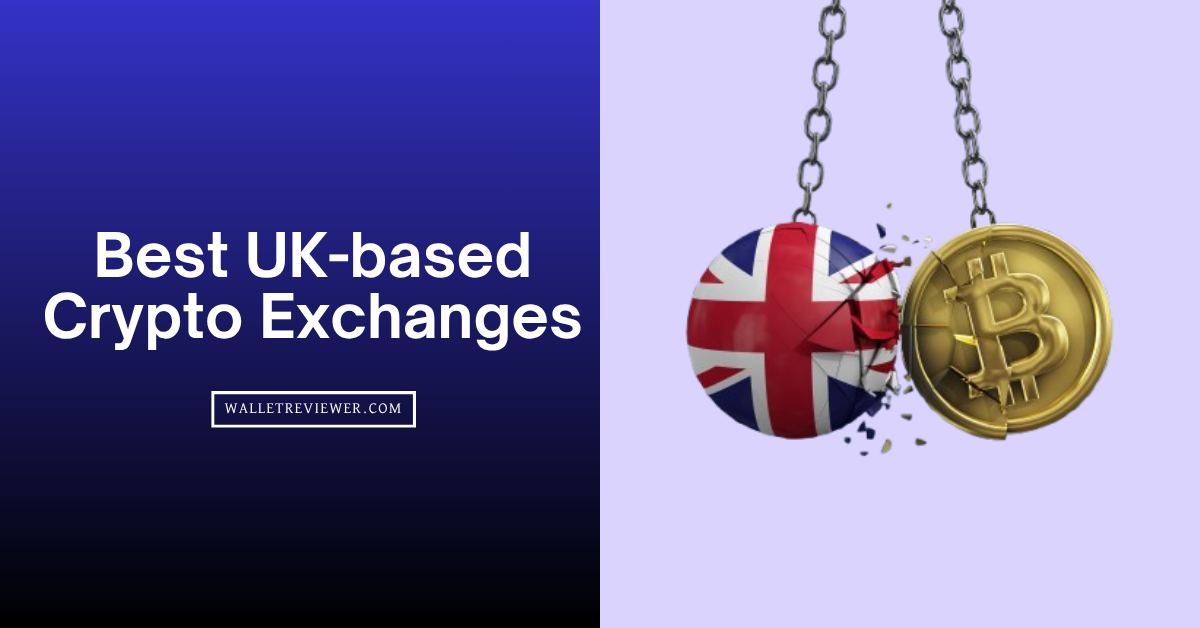You know, choosing the best cryptocurrency exchange platform in India takes a bit of homework, but we’ve done the heavy lifting for you. You need a platform that is secure, offers high liquidity, and actually gives you good ways to deposit and withdraw Indian Rupees (INR) without trouble.
We are talking about the top-tier crypto platforms that have managed to navigate all the strict guidelines set by the Financial Intelligence Unit (FIU) under the Prevention of Money Laundering Act (PMLA). We looked at everything from fees and payment methods to how well they handle the required 1% Tax Deducted at Source (TDS).
You will see why these 5 exchanges, both domestic and global, stand out as the absolute best crypto exchanges in India…
Top 5 Best Cryptocurrency Exchanges in India Ranked
Today, these 5 cryptocurrency exchanges are best in India for safety and popularity. They are KuCoin, Bybit, Binance, CoinDCX, and MEXC.
- KuCoin: A global exchange with a wide coin list and low fees. KuCoin was quick to meet Indian regulations (FIU registration) and suits both beginners and pros.
- Bybit: Known for futures trading, Bybit offers up to 100x leverage and low fees. It supports the new Indian digital rupee (eRupee) for deposits and is back in India after compliance.
- Binance: The world’s largest exchange, very popular in India for its easy P2P INR trading (via UPI/bank). Binance has huge liquidity and low fees, and it’s now FIU-approved in India.
- CoinDCX: An Indian-founded exchange, CoinDCX is designed for INR trading. It has a user-friendly app, instant fiat deposits, and is trusted by 20M+ Indians. It’s fully compliant with local rules.
- MEXC: A Hong Kong exchange with no-KYC signup. MEXC lists thousands of tokens and offers low fees for advanced traders. However, it’s not regulated in India, so use it at your own risk.
Comparing Safest Crypto Exchanges India
Here is a quick comparison between the best crypto exchanges in India:
| Exchange | FIU-Licensed in India | Supported Coins | Trading Fees (Spot) | INR Deposits & Withdrawals |
|---|---|---|---|---|
| KuCoin | ✅ Yes (FIU registered) | 700+ coins | ~0.1% | ✅ UPI, IMPS, NEFT, Cards (via P2P) |
| Bybit | ✅ Yes (FIU registered) | 1,200+ coins | ~0.1% | ✅ UPI, Bank Transfer, Cards, e₹ |
| Binance | ✅ Yes (FIU registered) | 1,000+ coins | ~0.1% | ✅ UPI, P2P, NEFT, RTGS, Cards |
| CoinDCX | ✅ Yes (Indian company) | 500+ coins | ~0.5% | ✅ UPI, IMPS, NEFT, RTGS (direct INR bank transfer) |
| MEXC | ❌ No-KYC trading (not licensed) | 3,000+ coins | ~0% maker and 0.05% taker | ❌ No INR support (crypto-only) |
In-Depth Review: The Best Crypto Exchanges in India
1. KuCoin: Overall best crypto exchange in India in 2025
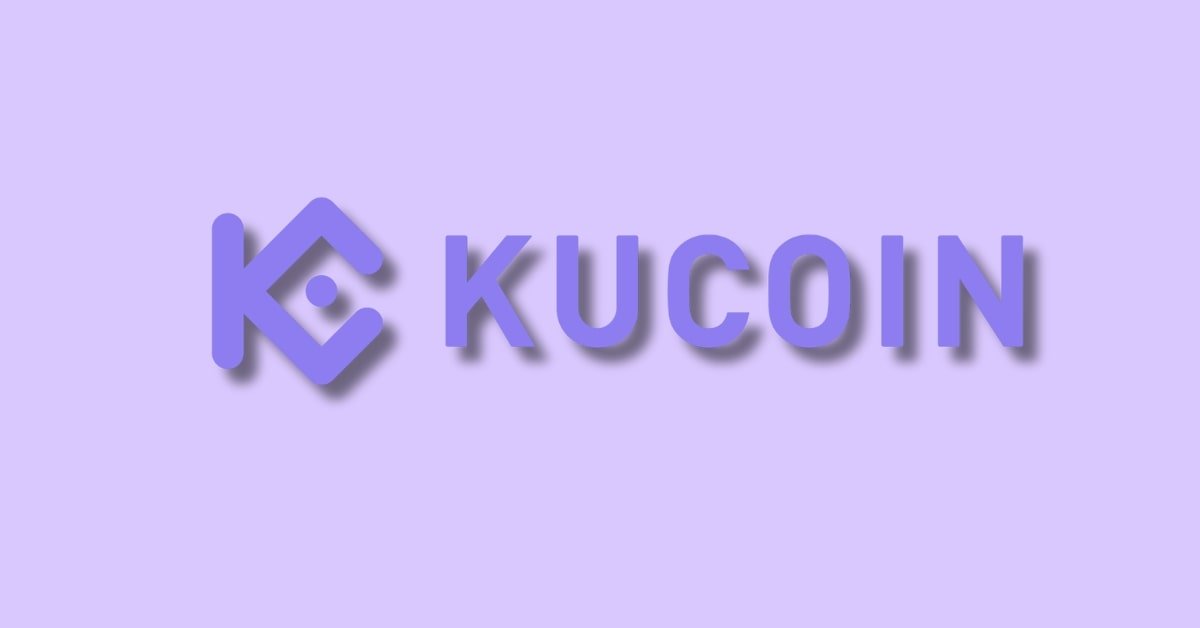
KuCoin is a popular global exchange and also the #1 best crypto exchange in India. It lists 700+ cryptocurrencies (BTC, ETH, and many altcoins) and offers spot, margin, and futures trading. For the experienced altcoin trader, KuCoin provides a very powerful platform with excellent trading tools, strong charting features, and a huge selection of perpetual futures contracts.
Trading Fees and TDS Deduction
KuCoin’s spot trading fees are really competitive, starting at 0.10% for both the maker and the taker at the lowest tier. You can actually get these fees even lower, down to 0.08% or less, just by holding their native token, KCS, or by having high 30-day trading volumes.
For Indian users who have provided their Permanent Account Number (PAN), KuCoin will automatically deduct and pay TDS to the Income Tax Department. The 1% TDS is applied to the full value of the transaction, not just the profit, and is deducted in the following scenarios:
- Selling crypto for INR.
- Crypto-to-crypto trades, for both the buyer and the seller.
- Selling on the P2P market
INR Payment Methods
You can add INR to KuCoin via UPI, IMPS/NEFT bank transfer, or wallets like Google Pay/PhonePe/Paytm. Credit/debit card (Visa/Mastercard) purchases are also supported. Spot trades still cost ~0.1%.
How is KuCoin Regulated in India
In early 2024, KuCoin secured FIU registration in India. It paid a fine to comply with KYC/AML rules. Now KuCoin can operate legally in India under the new crypto regulations.
Pros
- Wide crypto selection (700+ tokens)
- Low fees (0.1% base) and discounts with KCS
- Multiple markets (spot, margin, futures)
- FIU-registered (legal in India)
- Strong security (2FA, cold storage)
Cons
- No direct INR bank portal (uses P2P for deposits and withdrawals)
- Customer support response times can be really slow sometimes
2. Bybit: Top crypto exchange for futures trading in India
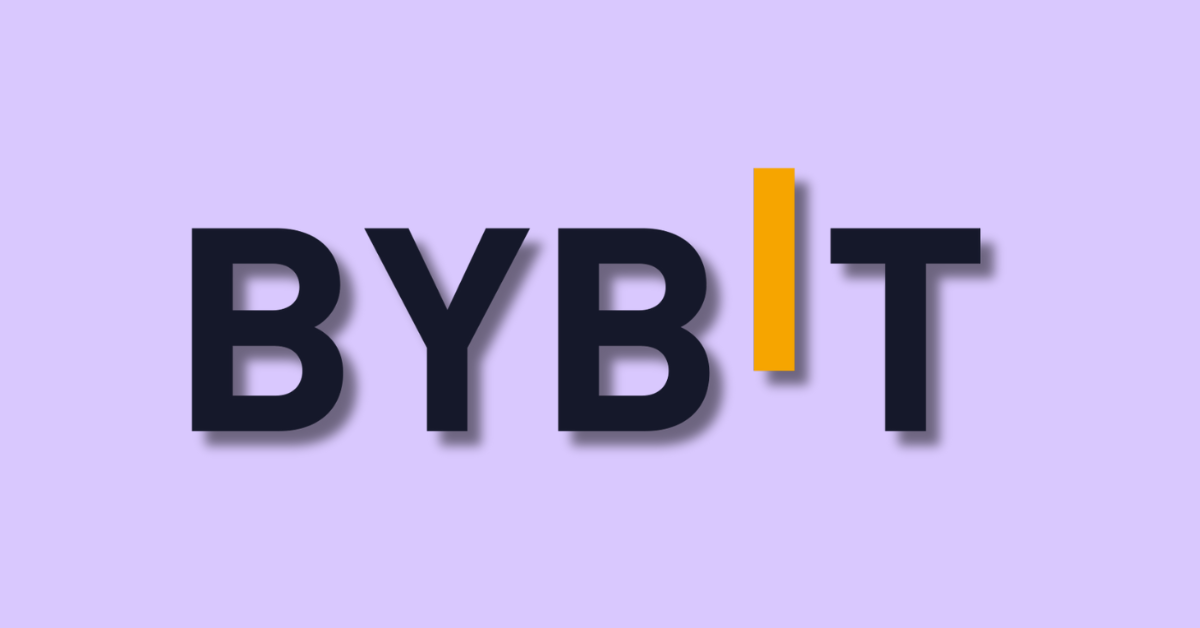
Bybit is absolutely the top pick if you are serious about derivatives, margin, and futures trading in India. Actually, Bybit has successfully completed its FIU-IND registration recently.
This new cryptocurrency exchange in India’s compliance status makes it a very safest crypto exchange India option among global platforms that offer complex products. They offer up to 100x leverage on major crypto pairs, and their interface is clean, professional, and customizable for serious market analysis.
Trading Fees and TDS Deduction
For spot trading, Bybit offers a competitive 0.10% maker and 0.10% taker fee, similar to its global peers. The really interesting part is their derivatives fees, which are among the best in the market: 0.02% for makers and 0.055% for takers at the lowest VIP level.
Bybit automatically deducts a 1% Tax Deducted at Source (TDS) on crypto transactions above ₹10,000, as per Indian tax laws. This applies to sales or transfers to fiat currency, and you can claim the deducted amount as a credit when you file your Income Tax Return (ITR).
INR Payment Methods
Basically, all INR transactions on Bybit are conducted via its P2P platform. You can use popular Indian payment rails such as UPI, IMPS, NEFT, and Google Pay to exchange your rupees for stablecoins like USDT.
How is Bybit Regulated in India
Bybit is now one of the FIU-IND registered international exchanges operating in India. So, this step confirms its commitment to operating legally under the Prevention of Money Laundering Act (PMLA).
Pros
- FIU-IND registered for improved regulatory compliance and safety
- Industry-leading low fees for futures trading, great for pros.
- Extremely fast matching engine handles high-frequency trading volumes.
- Wide variety of trading products, including options and derivatives.
- Supports high-leverage trading up to 100x for experienced users.
Cons
- KYC process is mandatory and sometimes requires extra document checks.
- P2P trading is the only method available for Indian Rupee deposits and withdrawals.
3. Binance: Most popular crypto exchange in India (for INR P2P trading)
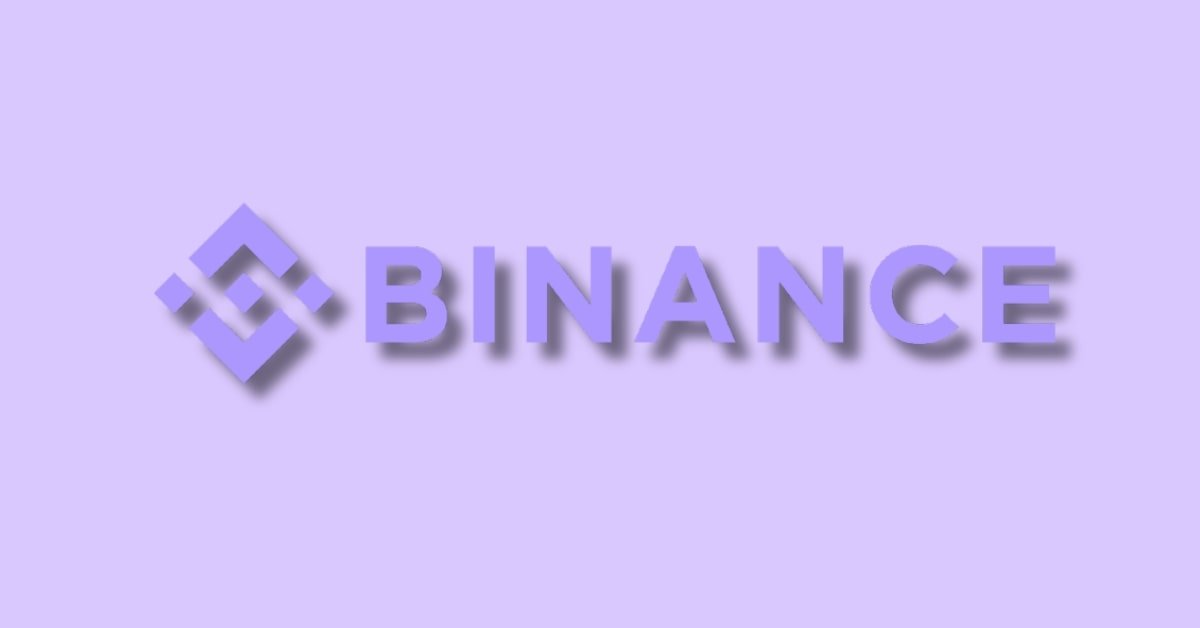
Binance remains the most popular crypto exchange in India, and it’s no secret why. It is still the largest exchange globally by trading volume, and that sheer size brings benefits that no other platform can match, mainly unmatched liquidity across every single token pair.
They offer a massive ecosystem that includes simple spot trading, futures, launchpads, staking, and a huge selection of assets, all through a very established and trusted brand name.
Trading Fees and TDS Deduction
Binance’s spot trading fees start at 0.10% for both maker and taker fees. You know, you can further reduce these fees significantly by paying with their native token, BNB, which cuts the fee by 25%, making the effective base rate 0.075%.
Binance does not automatically deduct the 1% Tax Deducted at Source (TDS) for Indian users; this is the responsibility of the user, particularly for P2P or crypto-to-crypto transactions. Unlike Indian exchanges, Binance has not implemented the TDS deduction on its platform, leaving Indian traders to self-report and file the TDS manually according to Indian tax laws.
INR Payment Methods
Binance’s P2P market is actually the main reason many Indians still choose this platform. It has the highest number of verified merchants and the fastest completion times compared to any other offshore exchange’s P2P service.
You can use numerous Indian payment systems, like UPI, IMPS, NEFT, and sometimes even Google Pay or Paytm, to complete your trades with other users. Sure, it is a slightly less direct way than using CoinDCX’s direct bank transfer, but the liquidity is really unparalleled.
How is Binance Regulated in India
Binance is now an officially recognized Virtual Digital Asset Service Provider (VDASP) in India, having registered with the FIU-IND under the PMLA framework.
Pros
- Massive liquidity and coin variety (1000+ coins)
- Zero-fee INR P2P trading (easy fiat on-ramp)
- Many features (staking, loans, futures, NFTs)
- FIU-approved in India (compliant)
- Extremely secure platform with strong asset protection available
Cons
- No native bank deposits and withdrawals (relies on P2P)
- The large size and ecosystem can feel very complex for new users
4. CoinDCX: Best app for INR-to-crypto buying and trading
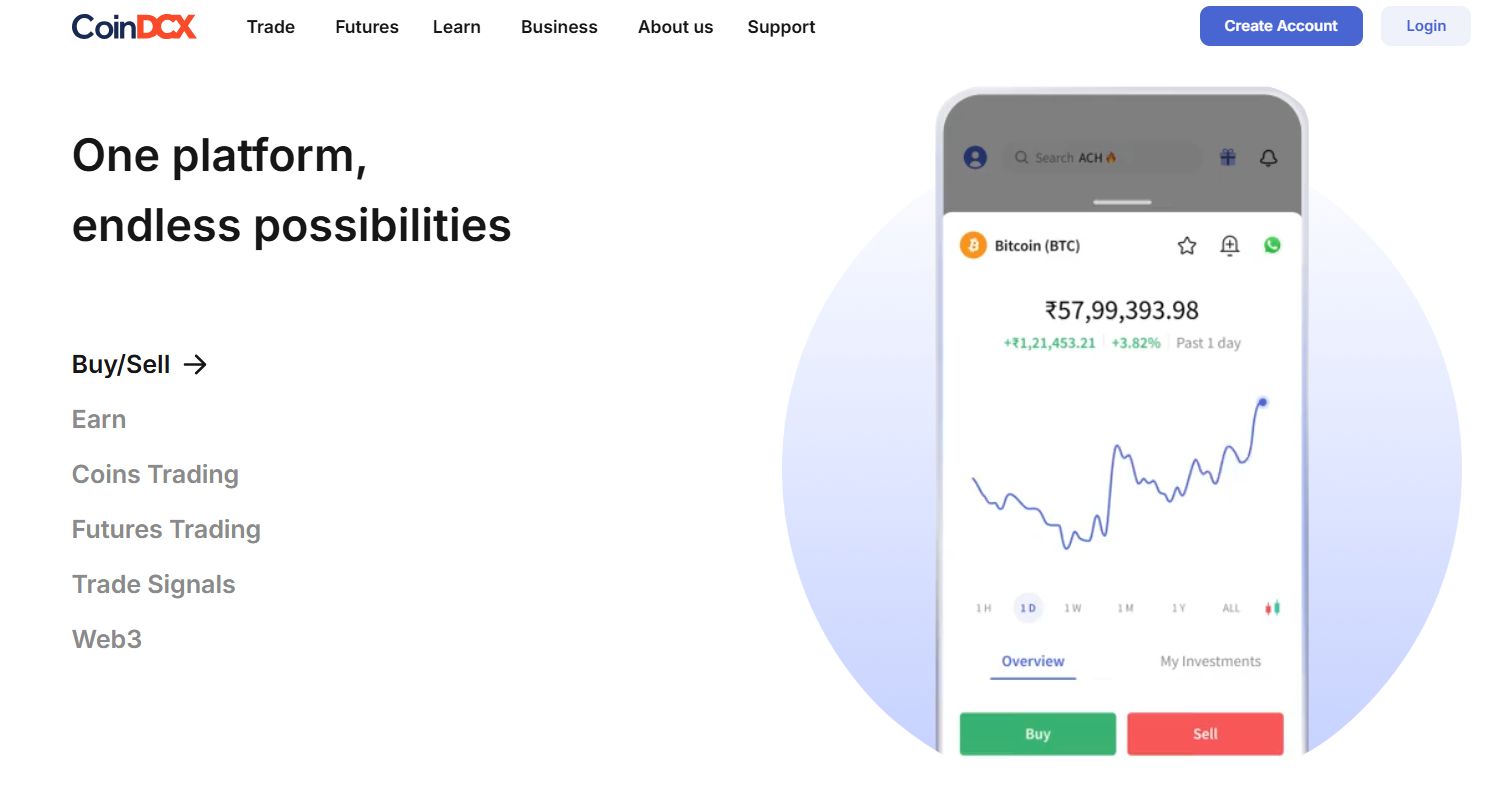
CoinDCX is simply the best fiat-to-crypto exchange India has, especially for beginners and those prioritizing easy, direct INR transactions. It has grown to over 20 million users. CoinDCX supports 500+ cryptocurrencies, including Bitcoin, Ethereum, and many popular altcoins. It also has features like crypto SIPs (systematic investment plans) and simple charting.
Trading Fees & Tax
CoinDCX’s basic trading fee is around 0.5% on spot, which is very high compared to other listed exchanges. For high-volume traders, fees can drop. There are no fees on INR deposits or withdrawals. CoinDCX automatically deducts 1% TDS on any crypto sale above ₹10,000, as required by law.
INR Payment Methods
This is where CoinDCX really shines as the best cryptocurrency exchange in India. They provide direct and immediate INR deposit methods using the country’s most popular payment systems. You can use UPI (Unified Payments Interface) for instant, small-to-medium transfers, which is super convenient.
They also support IMPS, NEFT, and RTGS for larger bank transfers. Look, unlike the global platforms that rely on P2P, you are depositing your INR directly into the exchange’s bank account. INR withdrawals are also processed quickly, usually hitting your registered bank account within minutes.
How is CoinDCX Regulated in India
CoinDCX is fully compliant and registered with the Financial Intelligence Unit – India (FIU-IND). Exactly, they are registered as a Virtual Digital Asset Service Provider (VDASP) and operate under the Prevention of Money Laundering Act (PMLA).
This, combined with their domestic operational base, means they are subject to and fully follow all Indian tax, KYC, and AML laws, making them the most transparent and government-friendly platform on this list.
Pros
- Seamless INR deposits/withdrawals (zero fee)
- Trusted Indian brand (local support)
- Proof-of-reserves audits (transparency)
- Easy-to-use app and features
- Large community (many Indians trust it)
Cons
- Trading fees are very high, 0.5% per trade
- You can not withdraw crypto to other exchanges; only you can trade and withdraw INR
- Limited advanced derivatives (basic futures only)
- Occasional platform slowdowns at peak times
5. MEXC: Best anonymous crypto trading platform in India
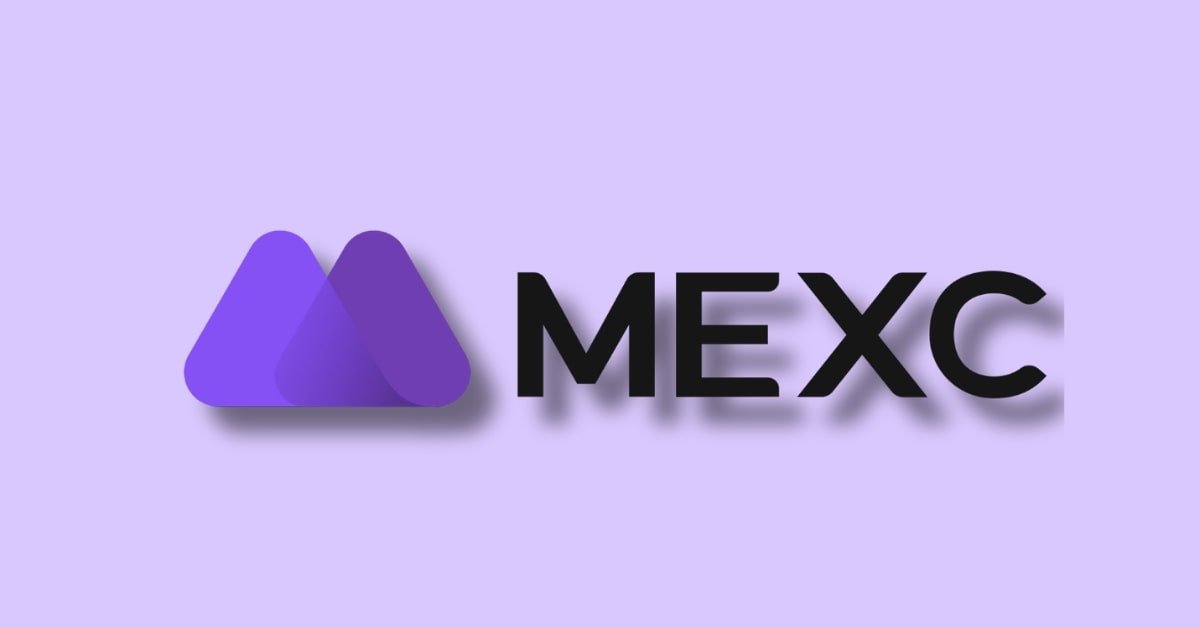
MEXC is an overseas exchange known for anonymity and a huge token list. It allows sign-up with just an email (no KYC for small accounts), making it popular for privacy. MEXC lists thousands of cryptocurrencies, including very new altcoins. The interface is user-friendly (similar to Binance) and geared toward frequent traders.
Trading Fees and TDS Deduction
MEXC offers an aggressive fee structure to attract volume. Spot trading sometimes features 0.00% maker fees, meaning you pay nothing just to place a limit order, which is really good. Taker fees are a low 0.05%. Seriously, for futures, the maker fees are also very low, often around 0.00% or 0.02%.
MEXC is currently an offshore, non-FIU-registered exchange. No way do they deduct the 1% TDS automatically. Consequently, the complete responsibility for the 1% TDS calculation, deduction, and payment to the Indian government belongs entirely to the individual Indian buyer/seller.
INR Deposits and Withdrawals
MEXC does not support INR deposits. There’s no fiat on-ramp. To use it, you must first buy crypto (e.g., Bitcoin) on an Indian platform (not CoinDCX, as they do not support crypto withdrawals) and transfer that crypto to MEXC. In other words, you trade crypto only; you can’t send rupees directly.
How is MEXC Regulated in India
MEXC is not registered with India’s regulators. It was named in a government notice in 2023, and it’s mobile app is effectively blocked in India. However, many Indian users still use it due to no KYC trading and full anonymity. This makes MEXC the riskiest option. It operates entirely offshore, so it does not follow Indian KYC/AML laws or provide legal protection for Indian users.
Pros
- No KYC required (quick signup and withdraw up to 10 BTC per day)
- Massive token selection (new altcoins)
- Zero-fee trading available (for limit orders)
- Frequent promotions and airdrops
- Fast execution and good liquidity on major coins
Cons
- Not FIU-registered (so trade at your own risk)
- No INR support (crypto only, no fiat)
- Minimal customer support (mostly email)
How to Choose the Best Cryptocurrency Exchange Platform in India?
You should compare a few key factors when picking the best crypto exchanges in India:
- Regulation: Only use crypto exchanges registered in India (FIU-approved) or domestic ones. That means they follow the law and keep your money safer.
- Security: Check for 2FA, cold storage, and audits. Big names invest heavily in security. Platforms with a clean track record (no hacks) are preferable.
- Fees: Look for low trading fees (0.1% is standard). Also note deposit/withdraw fees. Don’t forget 18% GST on trading fees for Indian users.
- Payment Methods: A good Indian crypto exchange lets you deposit INR easily (UPI, bank transfer, card). Without easy fiat options, it’s harder to start trading.
- Coin Support: Make sure the best crypto exchange in India offers the coins or trading pairs you want. Global exchanges list more altcoins; Indian ones cover the majors.
- User Experience: The interface should be easy to navigate. Good crypto apps (CoinDCX, Binance) have clear charts and info. Check reviews – real user feedback matters.
- Customer Support: Fast support can save you trouble. Indian crypto platforms sometimes offer local help, while global ones rely on chat/email.
Crypto Rules and Regulations: Tax and TDS Explained
Trading crypto in India is legal but comes with strict taxes. Any profit from selling crypto is taxed at 30% (plus 4% health & education cess). This means if you make a ₹100,000 profit on Bitcoin, you owe roughly ₹31,200 in tax. You cannot offset crypto losses against other income under current rules.
Additionally, there is 1% TDS on crypto transactions. Whenever you sell or transfer crypto above ₹50,000 in a year, the exchange will deduct 1% of that transaction amount and send it to the government. For example, selling ₹200,000 worth of ETH yields a ₹2,000 TDS deduction immediately. The best crypto exchanges in India like KuCoin, Bybit, or CoinDCX, handle this automatically for you.
All Indian cryptocurrency exchanges must also register with the Financial Intelligence Unit (FIU). This happened in late 2023. So by 2025, only FIU-registered or domestic platforms can legally operate. They report your trades to tax authorities.
In practice, expect to pay 30% tax on gains and lose 1% of each trade as TDS. Keep records of every buy/sell. Also, remember exchanges charge 18% GST on their fees (so a 0.1% fee effectively costs 0.118% to you).
The Reserve Bank of India (RBI) still does not recognize crypto as legal tender, but it hasn’t banned trading. Banks are allowed to work with registered crypto businesses. So, your trades are legal as long as you use a compliant platform and follow tax rules.
Read more guides:
- Best crypto exchanges for day trading
- Best futures trading exchanges
- Best cold storage wallets
- Best crypto hardware wallets
How to Buy Cryptocurrency or Bitcoin in India?
Buying cryptocurrency in India, whether it’s Bitcoin, Ethereum, or any other altcoin, involves a few clear steps. Look, the process is slightly different depending on whether you choose a domestic exchange like CoinDCX or an offshore platform like Bybit.
Step 1: Choose Your Platform and Register
You need to pick the best crypto exchange in India that suits your needs. For example, if you want the easiest INR deposits, choose CoinDCX. If you want the most altcoins and are okay with P2P, choose KuCoin.
Once you decide, go to their official website or app and sign up using your email and phone number. Seriously, make sure you immediately set up Two-Factor Authentication (2FA) for your account security.
Step 2: Complete Your KYC Verification
Every compliant crypto exchange in India requires Know Your Customer (KYC) verification to meet the PMLA requirements. Basically, this involves uploading clear photos of your official government documents. You will pretty much need your PAN card for identity verification and your Aadhaar card or passport for address proof.
Also, you usually have to take a quick selfie or video verification to prove you are the real person. Okay, domestic Indian exchanges like CoinDCX complete this step almost instantly with auto-adhaar verification, sometimes in just a few minutes, which is super fast.
Step 3: Deposit Indian Rupees (INR) or stablecoins
When you have a fully verified account, you can put money into your trading wallet.
- Domestic Exchanges in India (e.g., CoinDCX): You just select “Deposit INR” and use UPI, IMPS, or bank transfer. This process is instantaneous or very fast and goes directly from your bank account to the exchange.
- Offshore Crypto Exchanges in India (e.g., Binance, Bybit): You must use their P2P platform. You need to select “P2P Trading,” find a trusted merchant selling USDT for INR, and then transfer the INR using UPI or IMPS to the merchant’s bank account. The exchange holds the USDT in escrow until the merchant confirms they got your INR, and then the USDT is released to your wallet.
Step 4: Place Your Trade
Eventually, once your crypto wallet is funded (with INR or USDT), you can go to the spot trading section of the exchange. You know, you search for the pair you want to buy (e.g., BTC/INR or BTC/USDT).
You can use a simple market order to buy instantly at the current price, or a limit order to set a specific price you want to buy or sell at. Just enter the amount you want to purchase, review the fees, and click “Buy.” That’s kind of all there is to the basic buying process.
Conclusion: Top Indian Crypto Exchanges
The crypto market in India has totally matured, moving from a wild, unregulated area to a strictly taxed and monitored financial segment. So, the best choice you can make today is to trade on a platform that respects the country’s rules while giving you the trading power you need.
If you prioritize simplicity, full regulatory compliance, and painless INR deposits, CoinDCX is your best bet as the safest crypto exchange India has to offer, even with slightly higher fees.
However, if you are an advanced trader needing the deep liquidity of futures and a huge choice of altcoins, the FIU-registered global giants like KuCoin, Bybit, and Binance are the best crypto exchanges in India.
The most important takeaway? By the way, master the 30% tax and 1% TDS rules, regardless of which top cryptocurrency exchange in India you choose. Choose smart, stay compliant, and keep those digital assets safe.
FAQs
Which is the safest crypto exchange in India for beginners?
CoinDCX and KuCoin are often cited as the safest crypto exchanges in India for beginners because they are based in India and fully compliant. CoinDCX, in particular, has a simple interface and strong security practices. Among global options, Binance (FIU-approved) is also very secure, but might feel more complex.
What are the government-approved crypto exchanges in India?
India doesn’t publish an “approved” list, but those who registered with FIU are effectively allowed. So, Binance, KuCoin, and Bybit are registered with the FIU. Domestic players like CoinDCX, ZebPay, and CoinSwitch are also naturally compliant. Hence, if an exchange operates openly in India and follows KYC rules, you can consider it approved.
How to pick the best crypto trading app in India for 2025?
To pick the best crypto trading app in India, choose based on security, INR support, and usability. Make sure the app is FIU-registered or Indian. Check if it has easy deposit methods (UPI/bank), low fees, and good reviews.
Look for features you need (like futures or staking) and see if the UI makes sense. Often, the safest apps are those used by millions (CoinDCX, Binance, etc.).
Is CoinDCX better than WazirX for Indian crypto traders?
Many traders now prefer CoinDCX. It’s Indian-owned, well-funded, and fully compliant. WazirX was popular after Binance bought it, but it faced a huge hack and is no longer operational.
What are the lowest-fee crypto exchanges in India?
Binance and KuCoin top the list with ~0.1% trading fees (even lower with token discounts). MEXC’s standard fee is 0.05% but it can drop much lower if you hold its token. CoinDCX charges about 0.5% for spot trades. P2P trades on Binance have no fee at all.
Which Indian crypto exchange supports the most altcoins?
Among India-registered exchanges, CoinDCX offers one of the broadest selections (over 500 coins). But the global best crypto exchanges in India, like KuCoin and MEXC, list thousands more. If you want altcoins, international platforms like KuCoin (700+ coins) or MEXC are unmatched. For purely India-based, CoinDCX is the leader.
Can I buy Bitcoin in India without KYC verification?
Legally, almost all major crypto exchanges in India require KYC to deposit INR or trade. You generally cannot buy on a regulated exchange without ID verification. Some offshore cryptocurrency sites like MEXC allow crypto trades with no KYC (but you can only perform crypto-to-crypto trading). The safe route is to do KYC on an exchange and then buy.
What are the top crypto exchanges in India for futures trading?
Bybit leads for futures (many contracts, high leverage). Binance also has a large futures market. KuCoin offers futures too. Among Indian companies, CoinDCX launched DCXfutures (still growing). So, top picks for futures in India: Bybit, Binance, KuCoin, and MEXC (for risk-tolerant traders).
Are Indian crypto exchanges safe from government bans in 2025?
Yes, crypto trading is not banned in India. Exchanges that comply with FIU/PMLA rules operate legally. All regulated Indian exchanges (CoinDCX, KuCoin, etc.) and FIU-registered global ones can continue working.
